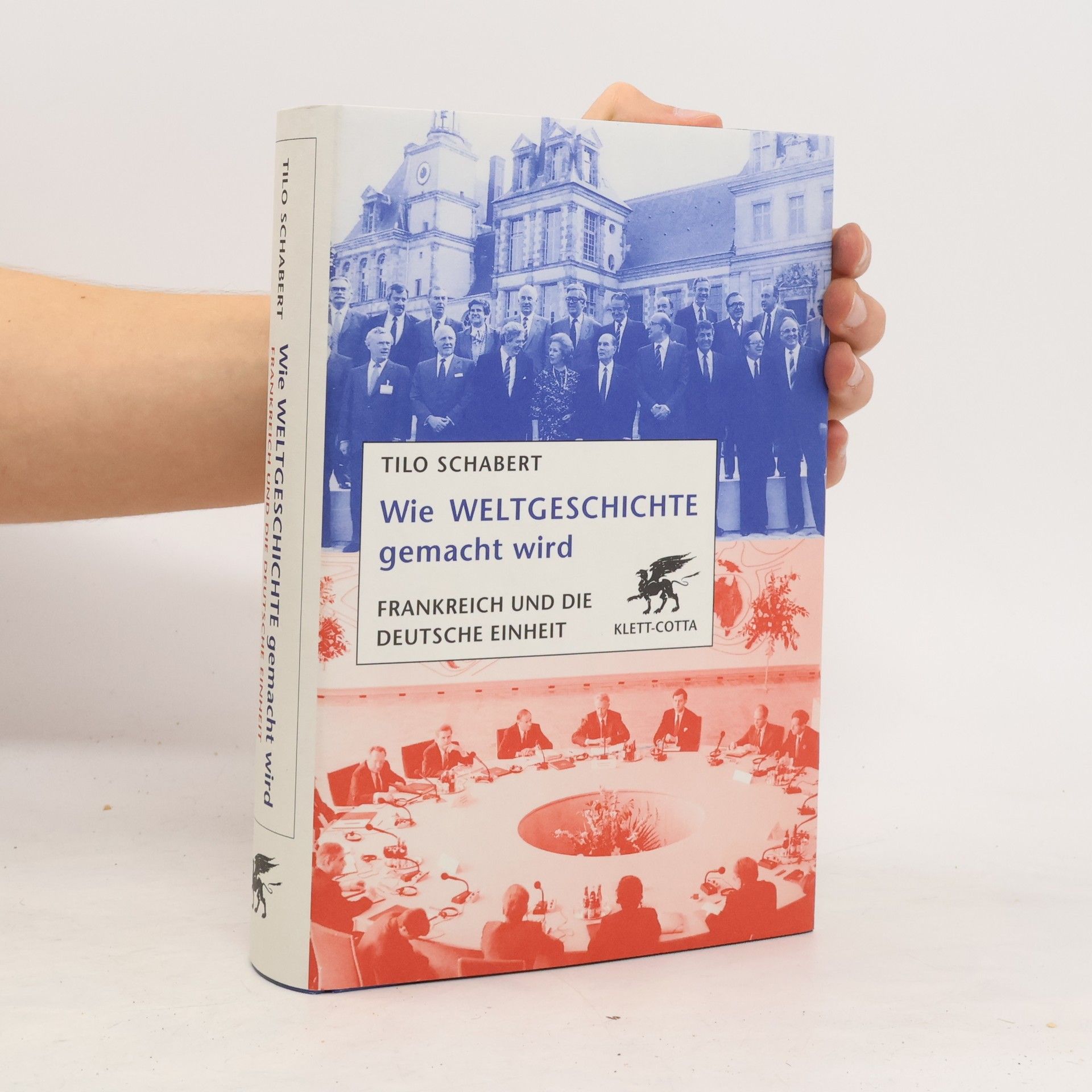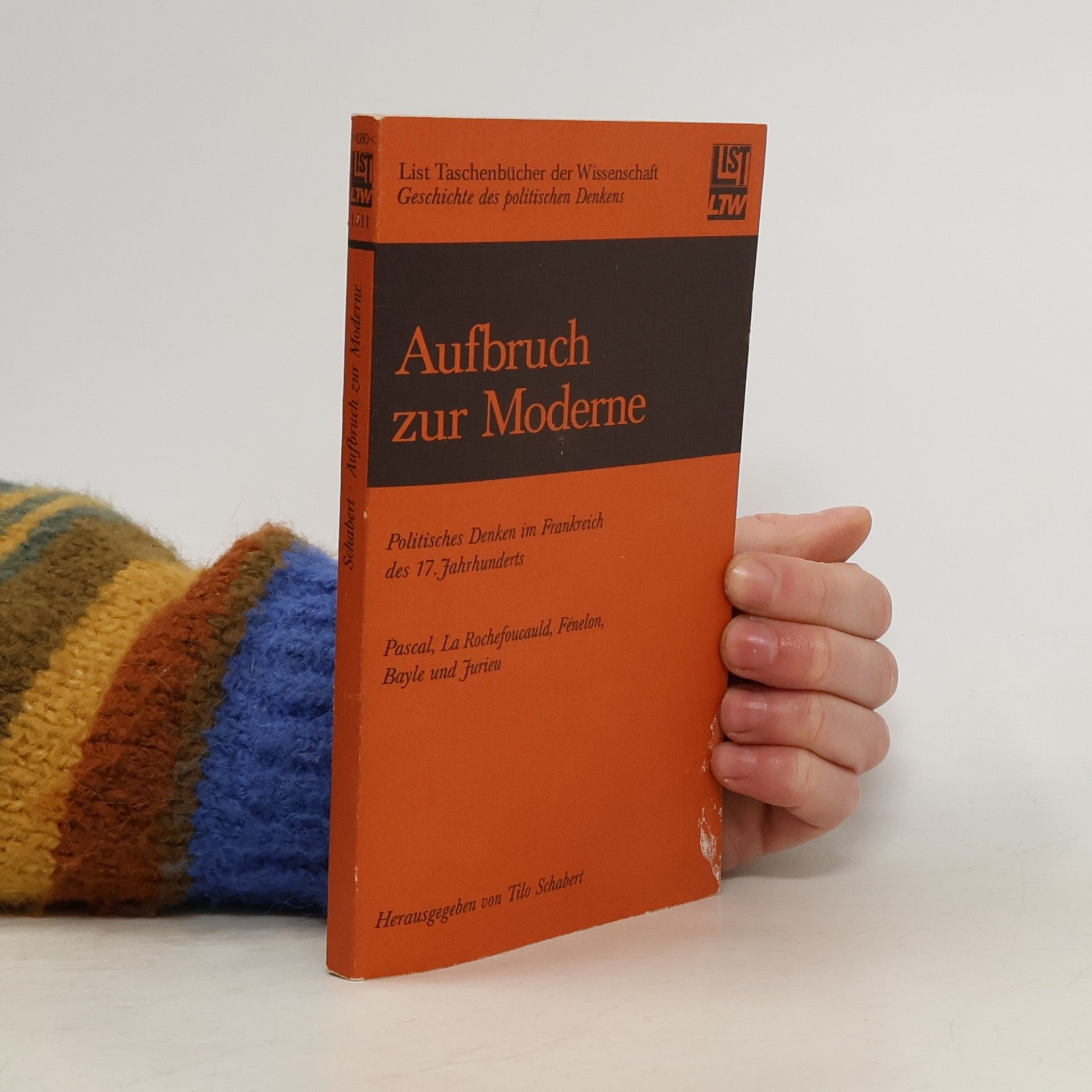Vom Geschehen zur Geschichte
Sechs Kapitel zur Historiographie der Wiedervereinigung Deutschlands.
Als ›Geschichte‹ erwarten wir eine verlässliche Wiedergabe eines historischen Geschehens. Doch zwischen den früheren Ereignissen und ihrer nachzeitigen Darstellung vollzieht sich ein langer Prozess. Was geschah, ist nur mehr über etliche Vermittlungsinstanzen wieder zu erreichen, über mehr oder weniger zuverlässige Dokumente und Zeitzeugnisse, und, liegt es länger zurück, über vorhandene Darstellungen. Bevor aus heterogenem Material Geschichte wird, muss ausgewählt, abgeglichen und gedeutet werden. Geschichtsschreibung ist ein konstruktives Unternehmen, das auf ebenfalls bereits konstruierten Dokumentationen des ursprünglichen Geschehens basiert. Deren Urheber sind die ersten, alle folgende Historiographie schon leitenden Geschichtsschreiber. Diesen Sachverhalt zeigt der Band bezüglich des internationalen Geschehens auf, das zur Wiedervereinigung Deutschlands führte. Er erschloss sich aus umfangreichen Studien französischen, britischen, amerikanischen, wie auch deutschen und russischen Archivmaterials, sowie zahlreichen Interviews mit Akteuren. Die Bedingungen von Geschichtsschreibung ließen sich nachverfolgen und exemplarisch veranschaulichen.





